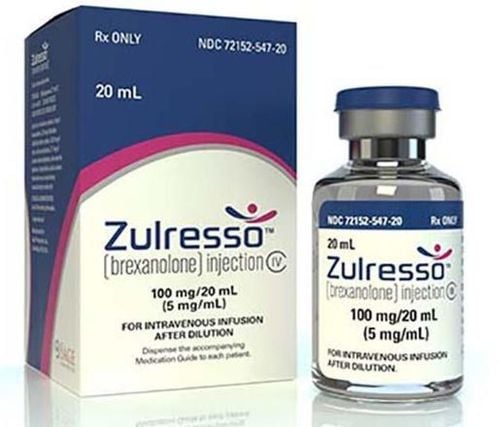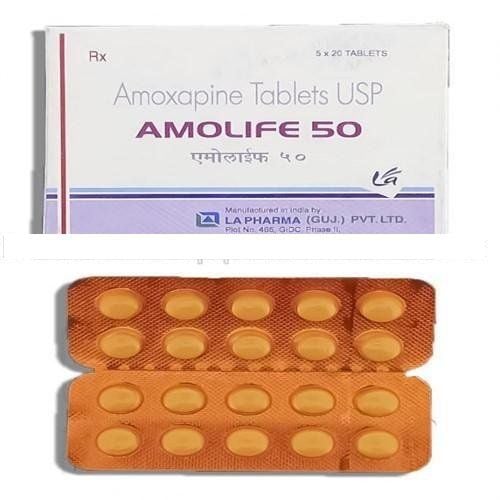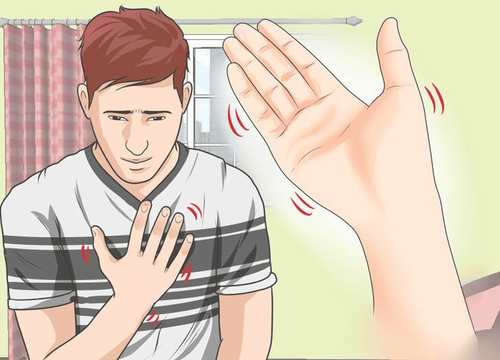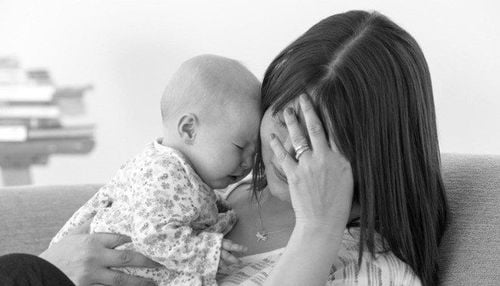This is an automatically translated article.
Video content is professionally consulted by MSc, BS. Dang Thi Thanh Tung, High-Tech Unit for Treatment of Cerebral Palsy and Autism, Vinmec Times City International Hospital
After giving birth, a woman's body will have a lot of sudden hormonal changes, so it is easy to create depression, fatigue and lead to postpartum depression. The early signs of postpartum depression are often not obvious, so they go unnoticed by the family, only when the mother acts foolishly, everything is too late.
For the mother herself, postpartum depression will have a lot of impact on psychology, health, weight loss, malnutrition, mental depression, paranoia and risky behavior. For the relatives of people with postpartum depression will also be affected, not well cared for, family discord, in fact, some people with postpartum depression cause mental disorders, so there is always a feeling sense of being harmed and seek revenge or response.
The child born to a mother with postpartum depression will not be well cared for, negatively affected by the mother, affecting the child's cognitive development, communication skills, language development later this. So what to do if you have postpartum depression?
Postpartum depression is divided into 2 types: Early-onset type (appears with mild severity, short in the first days or weeks after giving birth) and late-onset type (appears a few weeks after birth and lasts for a long time). . How to treat postpartum depression will depend a lot on the cause of the condition.
To prevent postpartum depression, it is necessary to create psychological comfort during pregnancy, regular antenatal check-ups. Pregnant mothers need to be provided with information on maternity care and care for the baby after birth. In addition, you should spend time relaxing for yourself, friends and family to learn from the experience of taking care of children. Family members need to take care of and take care of the mother's physical and psychological well-being; Avoid putting pressure on the mother and should not pay too much attention to the child but neglect to take care of the mother, making them feel lonely, bored, and easily lead to postpartum depression.
In addition, lack of social interaction is also one of the factors that put you at risk of postpartum depression. Therefore, to prevent postpartum depression, it is advisable to join groups of new mothers to share and learn from each other's experiences. As soon as you realize you have signs of postpartum depression, you need to share it with your loved ones so that you can take timely intervention measures to avoid aggravating the situation.
Please dial HOTLINE for more information or register for an appointment HERE. Download MyVinmec app to make appointments faster and to manage your bookings easily.














